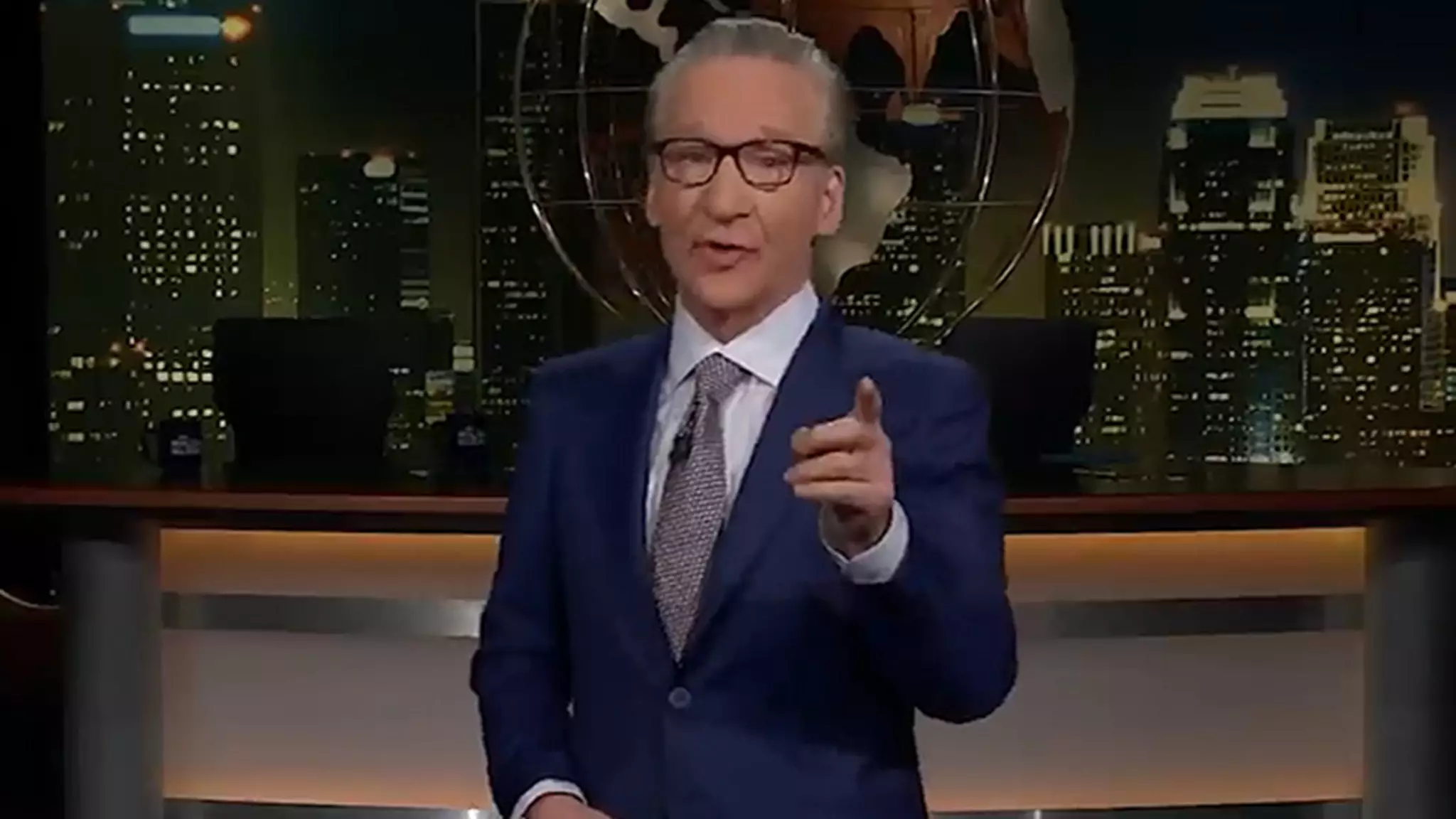In the grand theater of American politics, few figures are as divisive as Donald Trump. Recently, comedian and political commentator Bill Maher shared his experience dining with the former President, creating a stir that reflects the complexity of Trump’s public and private personas. Maher contends that the “real” Trump is affable and self-deprecating—a stark contrast to the brash public persona often seen in rallies and on social media. This assertion raises significant questions about the masks that public figures wear and the extent to which their true selves diverge from their public images.
Maher’s view is informed by decades of performing in front of live audiences, where reading people’s reactions is crucial. He predicts that the charm he found over dinner is genuine, asserting that Trump, at the table, is a man you’d want to engage with—witty, capable of humor, and open to banter. This characterization suggests that Trump’s more grotesque bombast is a crafted performance, a role developed to resonate with his base and navigate the tumultuous waters of political discourse.
Contrasting Public and Private Personas
However, social media’s response was immediate and fierce. Critics targeted Maher’s assessment, suggesting he was overlooking a darker, more manipulative side of Trump. This backlash brings to light a critical debate: can one distinguish the unmasked individual from the public persona effectively? Many who have known Trump for years argue that his charm is insidiously calculated, honed through years of navigating the cutthroat world of real estate and celebrity culture. These detractors claim that Trump’s social interactions serve a strategic purpose—creating a favorable impression while masking deeper issues.
Reports indicate that Trump’s engagement is merely a façade and that behind closed doors, he exhibits vengeful instincts and an inability to handle criticism. This sentiment powerfully shifts the narrative away from Maher’s light-hearted depiction to a more sinister portrayal of a man whose public and private selves clash drastically. The struggle here exemplifies the classic dichotomy: Is Trump a misunderstood insider, or is he a master manipulator using humor and charisma as tools in a broader strategy?
The Role of Perception in Celebrity Culture
What Maher’s experience with Trump embodies is a broader phenomenon in celebrity culture—where the viewer often grapples with conflicting realities. It challenges audiences to decide whom they trust and on what grounds. Maher may see Trump as someone relatable and witty, but many others, influenced by experience or anecdotal evidence, view him as vindictive and self-serving. This schism reveals the precarious balance that public figures must maintain. They cultivate a curated image that is often at odds with the truth and may ultimately leave the audience disoriented.
Moreover, this conversation expands beyond Trump and Maher, highlighting the importance of narrative framing in politics and popular culture. It begs consideration of how opinions are formed in a complex media environment where personal anecdotes can clash with collective experience. As such, Maher’s reflections serve as an entry point into discussions about authenticity and manipulation within the realm of politics where perceptions are often as powerful as reality itself. The rhetoric used to describe a figure like Trump becomes a lens through which we analyze the multifaceted nature of human behavior and societal expectations.

